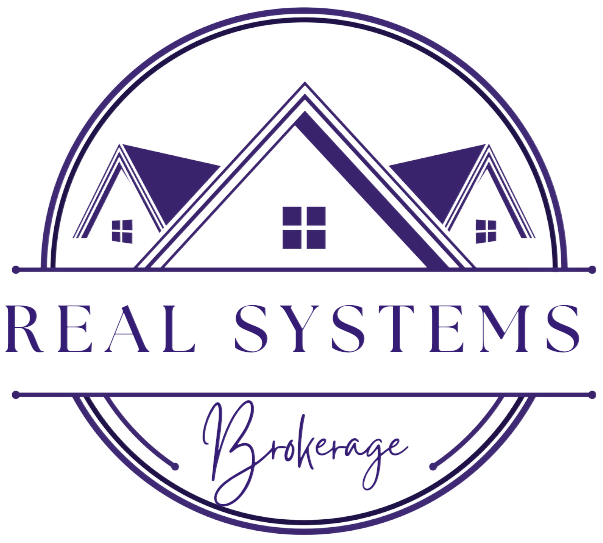7 ‘Spooky’ Home Sounds That Homeowners Should Not Ignore
If you hear these noises in a house, it’s probably not a ghost but a property maintenance issue that needs immediate attention.
Here are some sounds to be mindful of:
- Whistling noises: Whistling noises coming from doors and windows are likely drafts in small gaps, which can reduce your energy efficiency and increase your heating or air conditioning costs. A whistling sound might also indicate a leaky roof. (Tip: Replacing an old roof makes it less vulnerable to water damage and could save you money on your insurance premium.)
- Scratching or squeaking: Pests. like squirrels, mice and raccoons, love to head indoors during the colder months. Listen for noises like scratching, scurrying or even squeaking at night or in the wee hours of the morning. This could be a sign that rodents or other wildlife may have made their way into your abode. In addition to being a nuisance, pests can cause damage by chewing on electrical wires, insulation and other materials. Contact a pest control expert to inspect the home and have critters removed.
- Buzzing or humming: This could indicate signs of loose connections on outlets, issues with the electrical panel or household appliances, or overloaded circuits. Humming noises near the circuit breaker could be a sign of damaged or loose wires or an electrical arc. If you suspect an electrical issue, call an electrician to have it checked out immediately.
- Dripping: The sound of a water drip could be a warning sign of a leak. If you can’t spot the leak under a sink or from a toilet, it may be from a cracked pipe in the wall or a leak in the roof. Look for signs of water stains or discoloration on walls, ceilings and floors. If you hear dripping noises coming from the HVAC, you may have a refrigerant leak or blocked drainage tube that needs to be serviced.
- Creaking: Creaky floorboards could be caused by the natural expansion and contraction of wood from changes in temperature or humidity, or from the home naturally settling over time. However, creaking could be a sign of a more worrisome issue, such as rotting wood or foundation problems, Hippo warns.
- Loud clanging or banging: Clanking pipes could signal that air is trapped in the plumbing, or it could mean the pipes are failing, according to Hippo. Rattling HVAC systems might be a sign of something loose or that the system is on the brink of failure, Hippo notes. You may need to turn off your HVAC system or water supply immediately to prevent bigger problems until professionals can further inspect it.
- Popping: Popping or cracking sounds inside a home are commonly heard when the temperature changes outside. As the air gets cooler and less humid, pipes in the home may rattle. These noises may be temporary, but if the noise occurs frequently or is particularly loud, homeowners may want to have a professional investigate the sounds further.
According to a survey by Hippo Insurance Company, the top “undetected issues” that most haunt homeowners are: 45%: water damage that seems to appear out of nowhere 33%: mysterious drafts that are a sign of poor insulation or leaks 28%: odd smells coming from hidden spaces that lead to bigger problems, like mold 26%: creaking floors that hint at structural issues 20%: flickering lights or electrical issues that could be fire hazards




